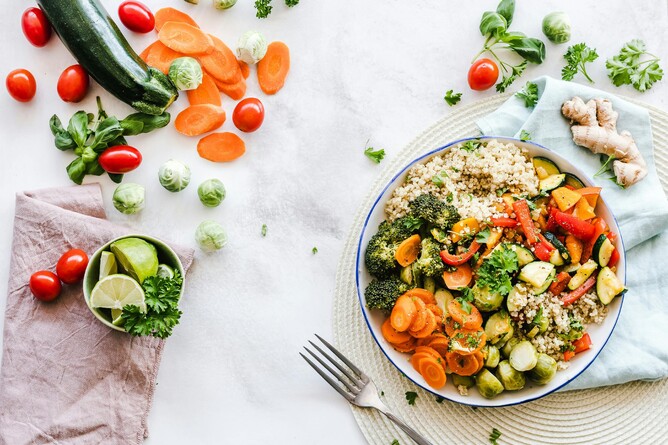In the quest for sustainable agriculture and waste management, the role of composting cannot be overstated. Among the various organic materials utilized in composting, food waste holds a particularly transformative potential. This often-overlooked (and landfill-bound) resource can significantly enhance the quality of compost, introducing a myriad of benefits for soil health, plant growth, and the broader ecosystem.
The Benefits
Diverse Nutrient Profile The incorporation of food waste into compost introduces a wide array of nutrients. From the potassium in banana peels to the nitrogen in coffee grounds, food waste diversifies and enriches the nutrient content of compost. This nutrient-dense amendment feeds the soil, promoting healthier and more robust plant growth.
Boost to Microbial Life Food waste is teeming with microorganisms that play a crucial role in breaking down organic matter. When added to compost, it boosts microbial diversity and activity, speeding up the composting process and enhancing the compost's ability to support soil health.
Moisture Balance Mastery The high moisture content in food waste can be a boon for compost piles, helping maintain the necessary moisture levels for efficient decomposition. This balance is key to fostering an aerobic environment where beneficial microbes thrive, preventing the pile from drying out or becoming too wet.
pH Level Optimization The pH level of compost influences its utility for different plant types. Food waste, with its varied composition, can help stabilize the pH of compost, making it more versatile and suitable for a broader range of plants.
Environmental Benefits By diverting food waste from landfills to compost piles, we mitigate methane emissions—a potent greenhouse gas produced when organic matter decomposes anaerobically. This practice not only reduces our carbon footprint but also aligns with global efforts to combat climate change.
Nothing Worthwhile is Easy Including Food Waste into composting processes is not without its challenges, including risk of increased rodent activity, odours, and health hazards. While not to be taken lightly, we firmly believe the juice is worth the squeeze and have dedicated ourselves to mastering these challenges.
A Call to Action
The benefits of including food waste in compost are clear, from boosting nutrient profiles and supporting microbial life to improving moisture management and enhancing soil structure. As we continue to seek sustainable solutions for waste management and agriculture, the role of food waste in composting represents a powerful opportunity for environmental stewardship and agricultural innovation.
We are here to help! Little Buddies' commitment to collecting commercial food waste and incorporating it into our composting processes exemplifies our dedication to sustainability. By transforming what was once considered waste into a valuable resource, we contribute to healthier soils, more resilient crops, and a greener planet.
If you are in the Cambridge/Hamilton area and have commercial food waste to dispose of, we're here to help. Contact us today.



